Jerami Grant wasn’t supposed to be this good. Before arriving in Detroit, the 6-foot-8 small forward had only seen a career-high of 13.6 PPG on 32 MPG two years prior in OKC. Then, head coach Dwayne Casey gave him the ball. Grant has exploded for 23 PPG, 5.4 RPG, 3.0 APG, and 1.2 BPG – an impressive number for a 6-foot-9 small forward. These numbers put him in contention for Most Improved Player and tenth in All-Star voting. One catch: his Pistons have only won six games.

This six-win mark will likely hold Grant back from receiving more All-Star votes and playing in Atlanta on March 7th. The argument goes something like this: you can’t be an All-Star if you’re on a losing team. You’re merely stat-padding. What you are doing is obviously not conducive to team success. But just like my 5-foot-6, 170lb self on my 8th grade CYO team, you can be a great player on a bad team. Grant averaging almost 25 PPG is not hurting the Pistons.

The Case for All-Stars on Bad Teams
Much like Kevin McAllister in Home Alone, Jerami Grant is all by himself in Detroit. Blake Griffin has regressed to the point of no return. Outside of some still-developing young talent, Grant is really the only person on the roster who could start on another team. Sure, he signed with Detroit knowing that he would not win. But Grant has exceeded all expectations.
He has continued his scoring tear even against tough, All-Star matchups. Grant has dropped 32, 31, and 24 against Khris Middleton. He scored 24 and 27 versus Jimmy Butler. His impact on the team goes beyond box score stats. His player efficiency ranking is five points above the league average. Grant’s value over replacement of 1.2 puts his production with the likes of Trae Young and Zach LaVine.
So, When Does Team Record Matter?
I am not saying team performance does not matter at all. It should be taken into account at end-of-season awards and All-NBA Team selections. Russell Westbrook was not just named 2017 MVP for not only a historical triple-double average. He was criticized for his team’s lack of playoff success. However, he carried an OKC team that had just lost one of the best scorers ever to the sixth seed with third-year Victor Oladipo as a second option.

There are few things that make this better for the team. First, the option to decline his player option in 2021. That combined with the fact he is only 34 makes his contract ideal.
The same applies for the All-NBA teams. The last player to be named All-NBA who was not on a playoff-caliber squad was DeMarcus Cousins back in 2016 . This was only because he was regarded as the best center in the league at that point. Grant isn’t KD or Giannis-level by any means.
As voters for NBA All-Stars, we need to look at player stats and impact in a vacuum. We won’t get it right every time. Nobody is an expert. But too often we fall into the trap of knocking great players on lottery teams. They already have to play for those teams, so let’s give them a break.

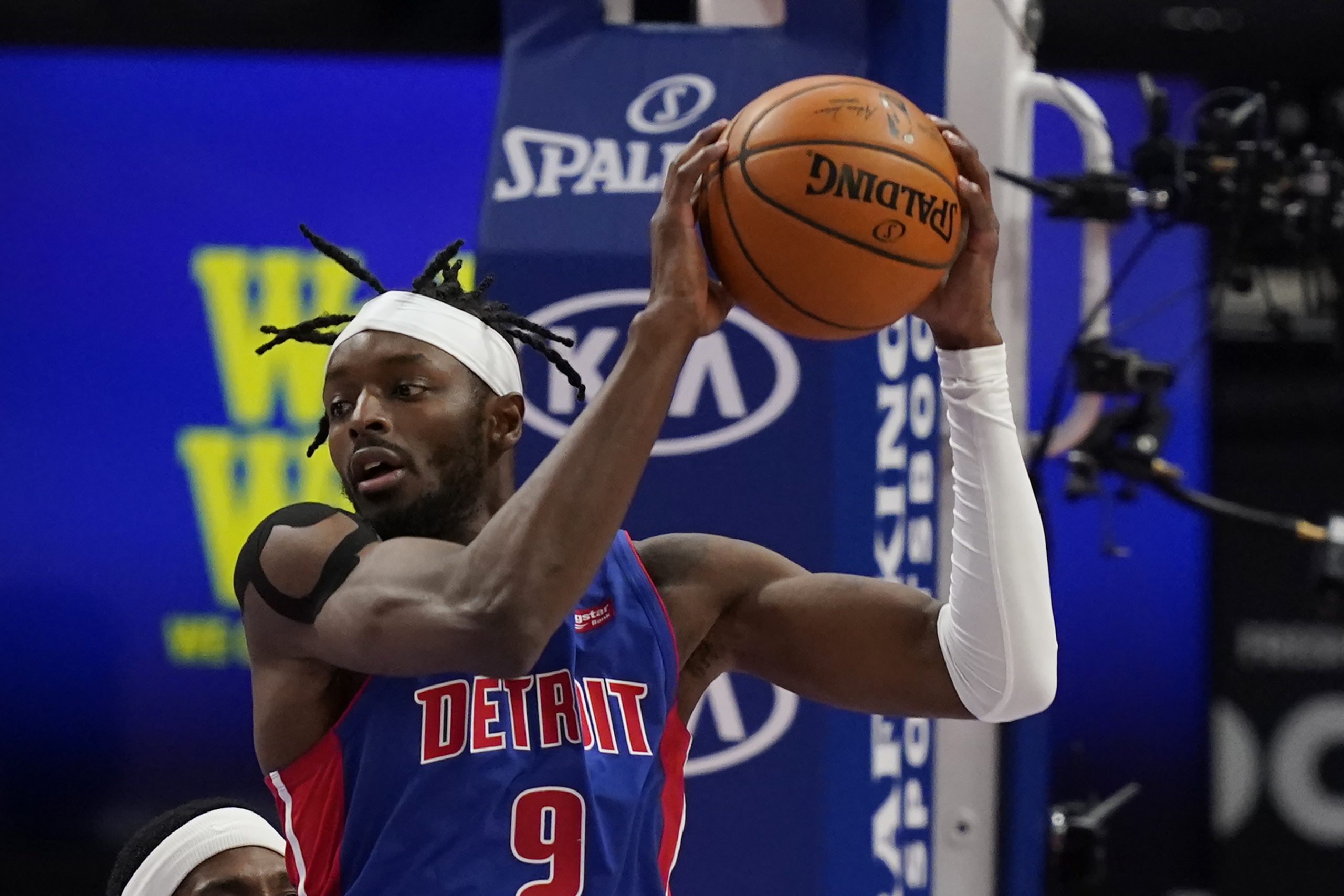

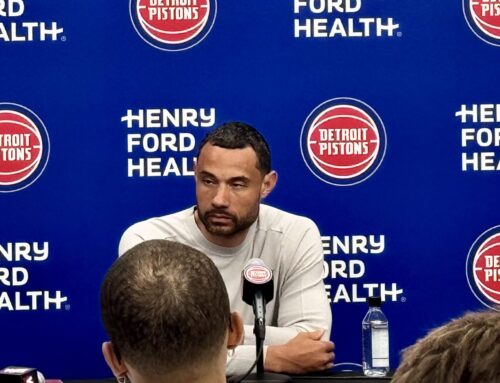
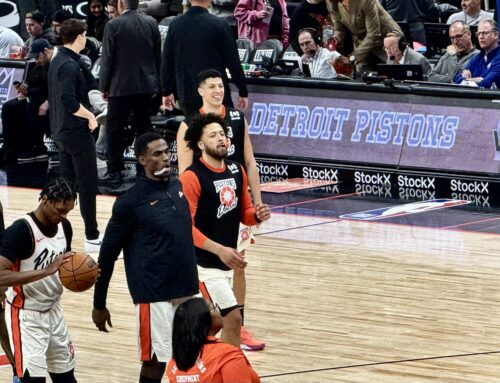
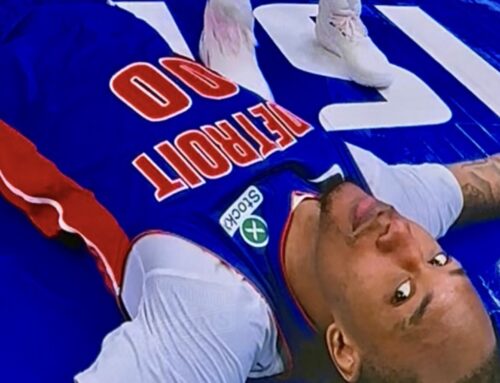
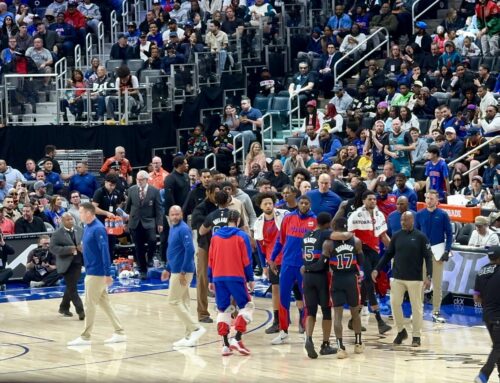
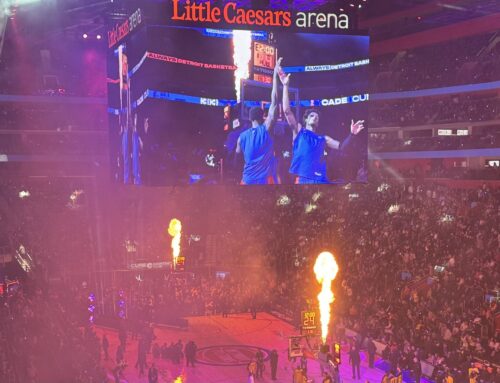





[…] All-Star Alone: Lost in Detroit […]